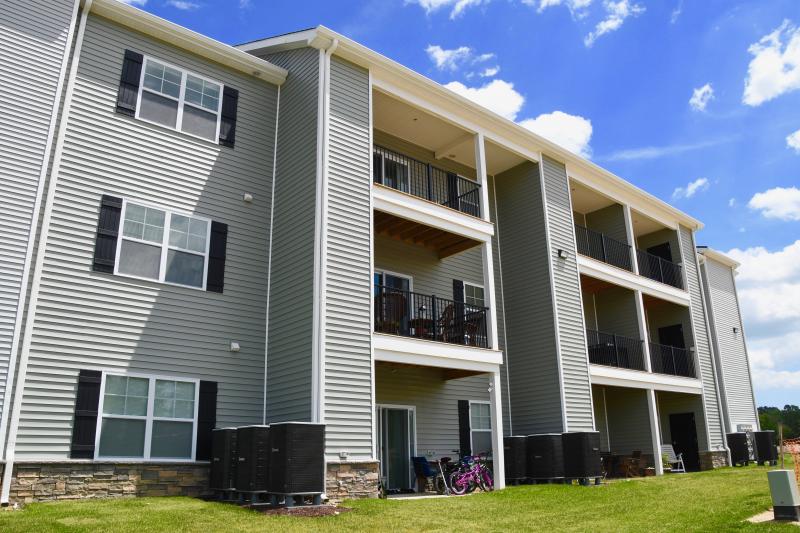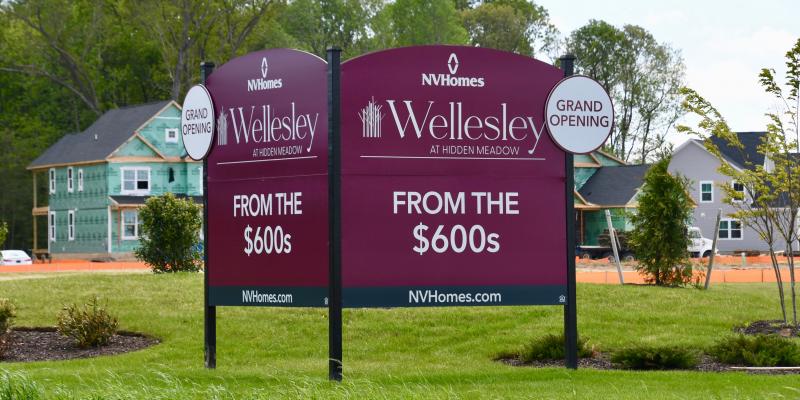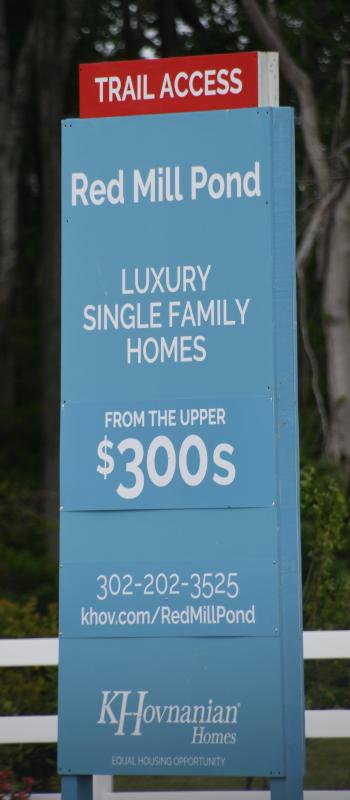Advocates urge residents to demand affordable housing
During a Pathways to Success virtual workshop April 29, a panel of housing advocates said it's time for Sussex County residents to stand up and demand more affordable housing.
They also said it's paramount for Sussex leaders to address a growing substandard housing issue.
Loretta Benson, executive director of the Ellendale Civic Association, said there are 20 trailers in the New Hope community that are not fit for humans to live in, yet officials will not take action. “This type of situation has been going way too long,” she said. “People need somewhere decent to live. Enough is enough. We can't keep talking about it.”
She said there are pockets of substandard housing scattered throughout Sussex County. Workshop co-host Dominique Scott, education and outreach coordinator for Pathway's fair housing initiative, said there are 24 pockets of poverty in the county where housing is a major issue.
Lack of affordable housing
Panelists agreed a major obstacle is the lack of affordable housing in eastern Sussex County, primarily for people who are forced to drive from other locations to work in the area.
Melody Taylor, Region 3 director for HUD's Office of Fair Housing and Equal Opportunity, said with homes selling in the $300,000-$400,000 price range in eastern Sussex County, affordable housing for most workers is out of reach. “People's wages don't match housing costs and they can't afford rents or mortgages,” she said. “Officials should be looking into affordable housing in the $200,000 or less price range. They are not helping people who want a place to live.”
High demand for rentals
Benson said rents starting at $1,000 a month and more also place apartments out of reach for many people.
Bucking a statewide and national trend, the number of rental units in Sussex is decreasing, dropping more than 2,000 between 2012 and 2017. Sussex County has the lowest number of rental units (20 percent) in the region.
In Sussex, the annual income needed to afford a 1-bedroom apartment is $29,240 and a 2-bedroom is $37,920.
The county has an affordable rental program offering incentives, including 20 percent bonus density, to developers who include affordable units based on income in their projects. So far, Coastal Tide Apartments is the only project to participate. The newly-opened complex off Plantation Road near Lewes has 26 of its 168 units in the program. Demand was so high for the affordable units a lottery was held for prospective renters. The 26 apartments rent for $595 to $825 a month.
Housing prices surge in eastern Sussex
As of March, the average sales price for a home in Sussex County was $340,000, which is driven up by the cost of homes in eastern Sussex.
Of the 3,600 homes listed for sale in May, 20 percent cost at least $500,000 and 213 were listed at more than $1 million. Thirty-three percent were listed under $300,000 and 13 percent were listed under $200,000.
One-third of all new homes built since 2012 list for more than $400,000, which is out of reach of many working households, according to a report by LSA Planning, a housing consultant firm hired by Sussex County.
The average annual wage in the county is $41,000, which allows workers to afford $1,000 monthly rent and homes costing up to $284,000. Homeowners should pay no more than 30 percent of their income on housing to allow for other expenses.
Away from the resort area, there are new developments offering more affordable homes. For example, Captain's Way along Route 16 between Milton and Ellendale has new homes selling in mid-$200,000 to mid-$300,000 range.
According to a county housing needs marketing analysis, 44 percent of the county's workforce – with two workers per household – can only afford houses below $250,000. Less than one-quarter of houses on the market are listed below $250,000.
However, 31 percent of all Sussex workers are employed in the accommodations, retail, service and food industries with an annual wage in the $20,000 range.
First workforce housing in Sussex
A new concept in workforce housing is planned for an 8.5-acre parcel off Savannah Road in Lewes. Schell Brothers has plans to build Dutchman's Harvest, a 140-unit complex with sales prices ranging from $150,000 to $250,000. In addition, if Diamond State Community Land Trust can secure funding and purchase units in the complex, some units will be sold based on income.
Housing is local issue
Shyanne Miller, a community organizer with the statewide Housing, Opportunity, Mobility, Equality and Stability (HOMES) Campaign, said most housing issues occur at the local level.
“We need to move away from the idea that we can't fix the problem,” she said. “We can demand action from the county council and city councils in Sussex. We all need to take steps to mobilize advocacy for affordable housing.”
She said of all elected officials, its Sussex County Council that has the most impact on affordable housing.
Miller said residents can find three or four other interested people and start a dialog with county council members. “Ask them exactly where affordable housing will be placed in Sussex County. People should be able to live where they want and not be hindered because they make a certain amount of money,” she said. “We want a Sussex County resolution on where they stand on affordable housing.”
She said personal contact and showing up at meetings is more important than writing letters. “We have to let them know we want affordability to happen. Power lies in the communities.”
Homeowners are cost burdened
Housing officials say that homeowners/renters should not pay more than 30 percent of their income on housing to allow for other expenses.
Nearly 30 percent of all Sussex households are cost burdened, paying more than 30 percent of their annual wage on housing.
Nearly 80 percent of those making less than $20,000 annually and nearly 60 percent of those making up to $35,000 annually are cost burdened.
Nearly half of all renters are cost burdened.
Those with an annual wage less than $35,000 are likely to pay up to 50 percent of their income on housing.























































